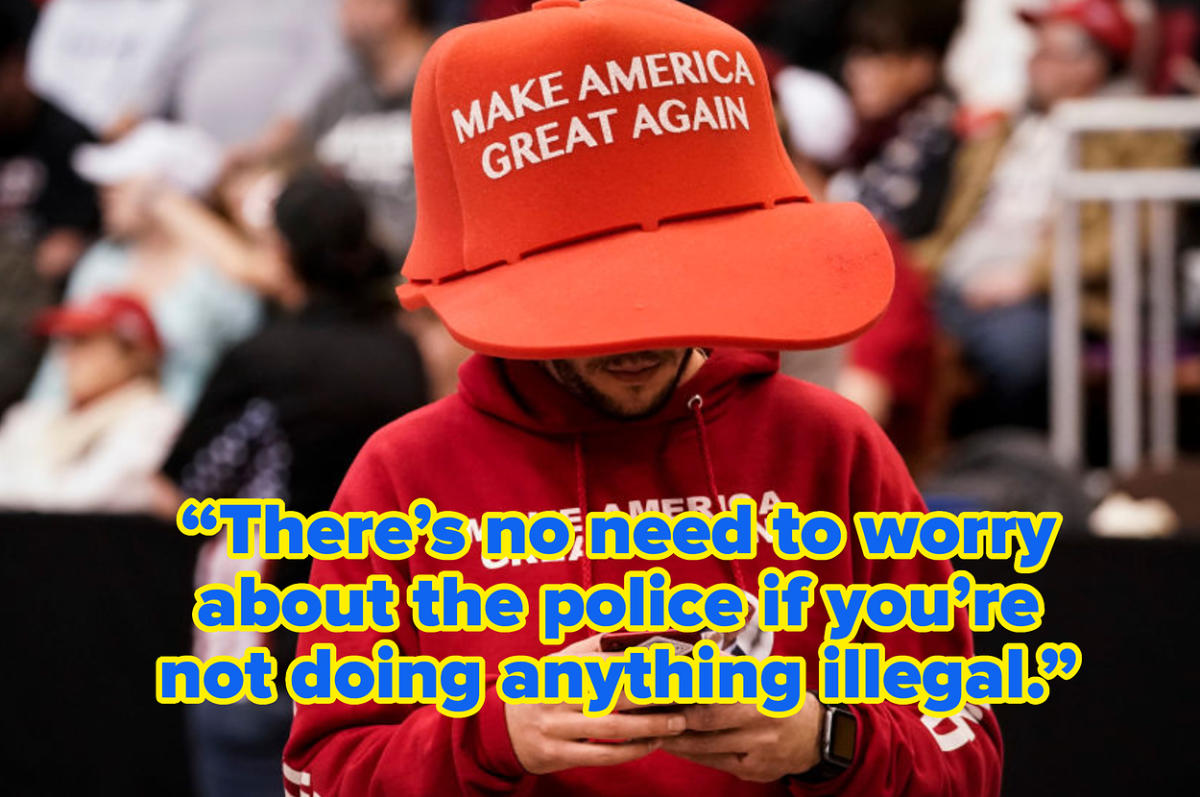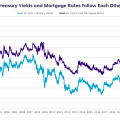Feminist scholar and anti-racism educator Peggy McIntosh as an “invisible weightless knapsack of special provisions, maps, passports, codebooks, visas, clothes, tools and blank checks.”
In other words, white people typically move through life unaware of all the head starts, resources and access the color of their skin affords them. They don’t recognize these unearned advantages until they’re pointed out — and even then, some white people .
It should be noted that merely acknowledging your white privilege isn’t enough — but it is one small and necessary step toward taking action and wielding that privilege to help dismantle the systems that oppress the Black community and other people of color in this country.
We talked to educators, activists, therapists and professors about the things white people often say that highlight their privilege without them realizing it.
1. “It’s not my job to fix racism because I’m not racist.”
What you’re essentially saying is that because the systemic racism doesn’t hurt you personally — a privileged position to be in — you don’t need to be involved in the fight against it. White people must step up to the plate, act as allies and use their privilege for good.
“It takes the actions of every single person to call out racist behavior and be a part of the solution,” Michelle Saahene, co-founder of From Privilege to Progress, told HuffPost. “It’s a privilege to be able to only talk about race and never experience it. It’s a privilege to choose not to talk about it or acknowledge it.”
This statement also ignores the fact that racism is largely a structural issue, not just an individual one.
“People of color would also like to live in a world where their skin color didn’t impact the way they were treated and just never talk about race,” Saahene added. “But systemic racism is real, people of color must talk about race, to navigate a system that was never meant for their freedom — and continues with the support of white silence.”
2. “I don’t see color.”

The intent behind this statement is to demonstrate that you’re not a prejudiced person. But, as psychologist Erlanger Turner put it, “we all see racial difference unless we’re visually impaired.” Refusing to acknowledge the color of someone’s skin is also a refusal to acknowledge the struggles they’ve endured and discrimination they’ve faced because of their race.
“For most white people, they have the privilege to receive many benefits in society based on ‘whiteness’ that people of color don’t receive,” said Turner, an assistant professor of psychology at Pepperdine University who studies mental health among racial and ethnic communities. “For example, think about the recent protests [in Michigan] when white men went into a state government building with guns and they didn’t experience any harm. Yet, Black people engage in peaceful protests and police are shooting them with rubber bullets. That’s white privilege.”
3. “There’s no need to worry about the police if you’re not doing anything illegal.”
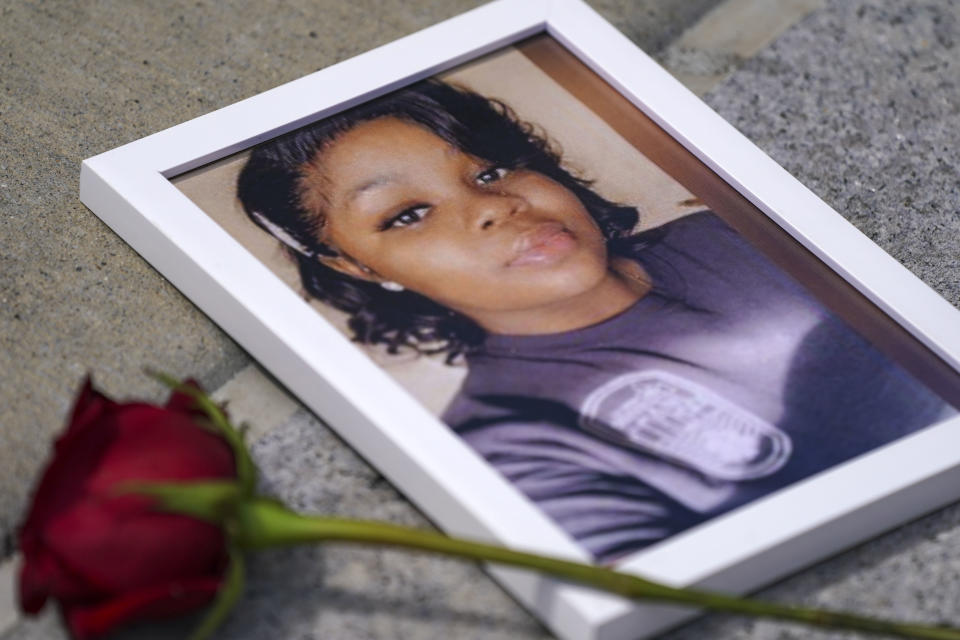
The way white people perceive and interact with law enforcement is far different from the way Black and Latino people do. Black people have been killed by police while doing everyday activities: Botham Jean was eating ice cream in his living room, Breonna Taylor was sleeping in her bed and Atatiana Jefferson was playing video games with her nephew, just to name a few. There’s also a history of police disproportionately pulling over, stopping and arresting Black people over minor infractions or for no apparent reason. And, as was the case with George Floyd — the Minneapolis man who was killed in police custody after allegedly buying cigarettes with a counterfeit $20 bill — even minor incidents can escalate into deadly violence.
“White people often claim that Black people, specifically, should have nothing to worry about if they, Black people, aren’t doing anything illegal,” said anti-racism educator Myisha T. Hill, author of “Check Your Privilege: Live Into the Work.” “This is because white people tend to feel an innate sense of safety and security from the policing policies that racially profile and target Black people, in many cases leading to the use of excessive or even lethal force. This is a prime example of white privilege.”
4. “I don’t want to post about racism on social media because I’m scared of the backlash.”
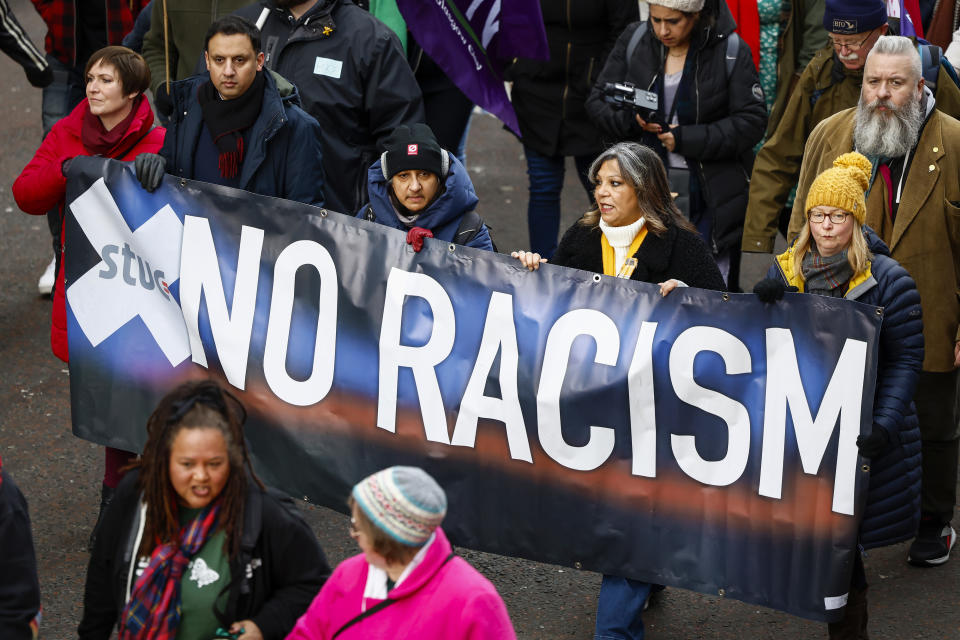
If the fear of relatives unfollowing you on Instagram or leaving “all lives matter!” comments on your Facebook posts prevents you from speaking up at all, your priorities are out of order. Refusing to use your voice and platform in this way is “putting your comfort above all else,” even “above humanity,” Saahene said.
“It is a privilege to not have to take a risk of alienating yourself from others,” she said. “It’s saying that the drama or backlash you don’t want to face from potential racists is more important than speaking out against innocent people being oppressed.”
5. “I don’t have white privilege.”
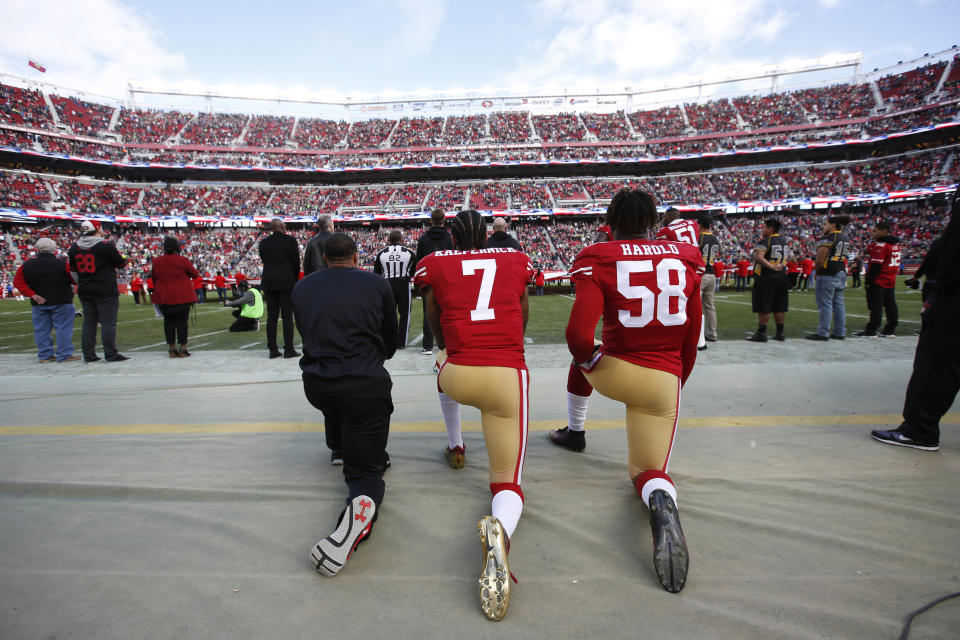
Some white folks insist white privilege doesn’t apply to them because they’re not wealthy or because they’ve worked hard for what they have or because their life has been a struggle in any number of ways. They get defensive when they hear the term because they don’t really understand it.
White privilege doesn’t mean all white people live charmed lives. “It simply means that the color of your skin is not one of the reasons you may experience personal or professional hurdles,” said Abigail Makepeace, a marriage and family therapist who specializes in trauma.
For white people to dismiss the benefits they’ve reaped because of their whiteness only goes to show how oblivious — and privileged — they really are.
“The mere assumption that someone does not benefit from systemic privilege reveals how inherently unaware they may be of systemic racism,” Makepeace said. “Ignorance of complicity indicates that someone has been protected from and sheltered by the system — a luxury that POC have never had.”
6. “I’m not sure when I should start talking to my kids about racism.”
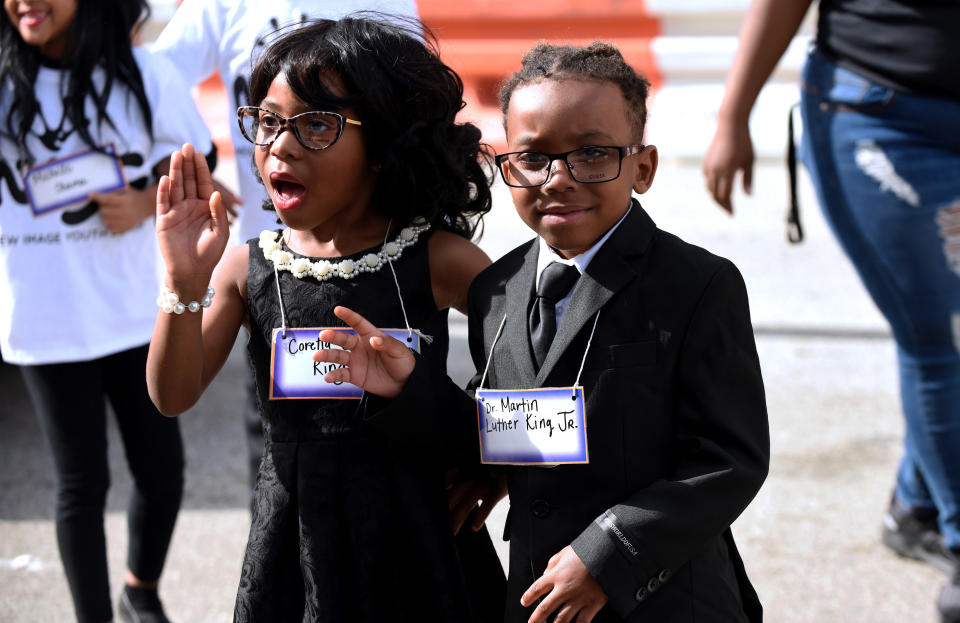
One of the most common concerns Hill hears from white moms is not knowing when or how they should broach the subject of racism with their children. The question itself demonstrates that white parents have the ability to wait for the “right” time to talk to their kids about racial discrimination; Parents of color are often forced into having those conversations with their kids at a young age.
“This urge to shelter their white children from the realities of racism is directly born of their own white privileges. Black, brown, indigenous, Asian, Pacific Islander, people of color, do not have the luxury of putting blinders up to shield our children from racism,” Hill said. “Our livelihoods depend on us constantly having these heart-wrenching conversations with our children, from very early ages, about why they have to behave differently from white children and what to do if we are pulled over by the police. Because our safety is never guaranteed.”
Conversations about race need to become the norm in white homes, too, Saahene said, in order to “teach anti-racism and raise socially conscious and inclusive children to be a part of the solution.” This article originally appeared on HuffPost.
